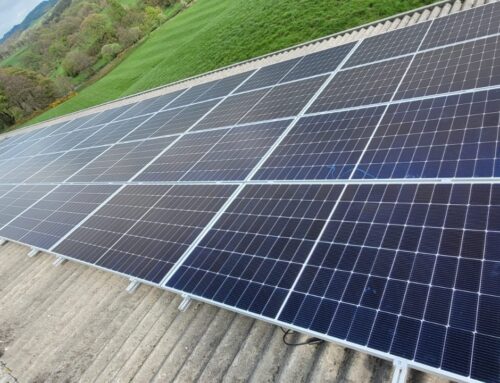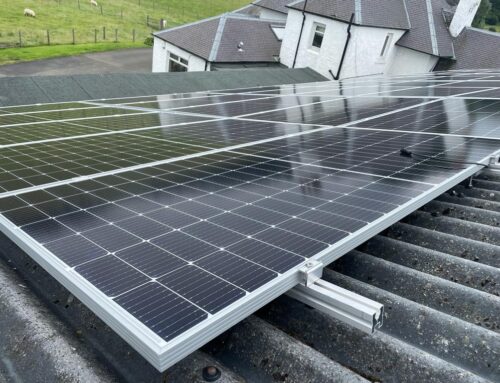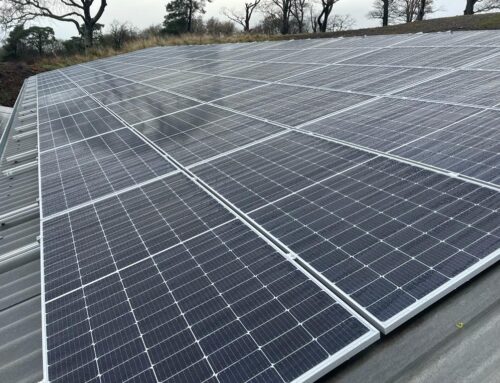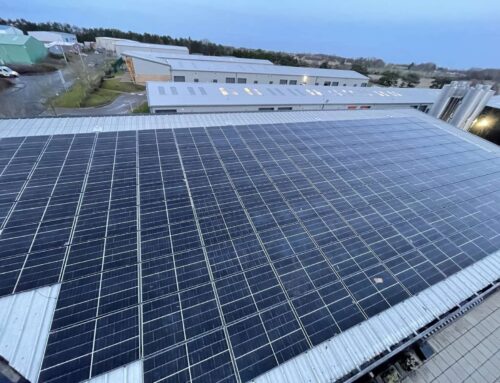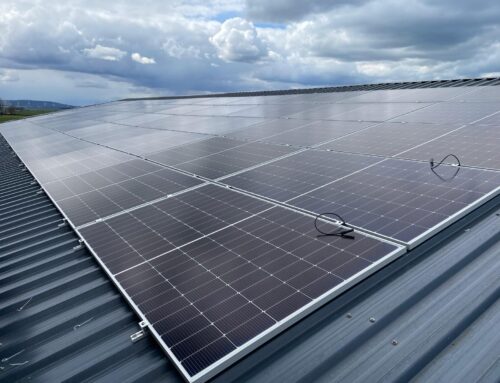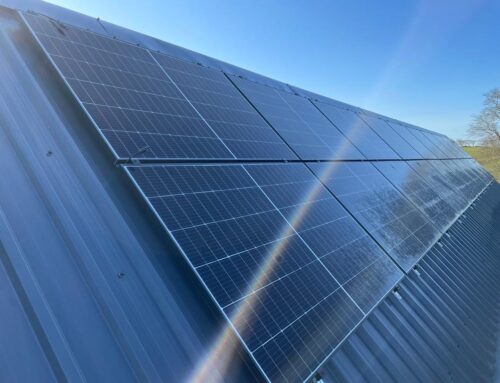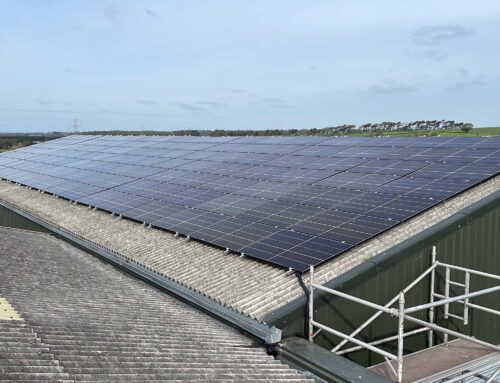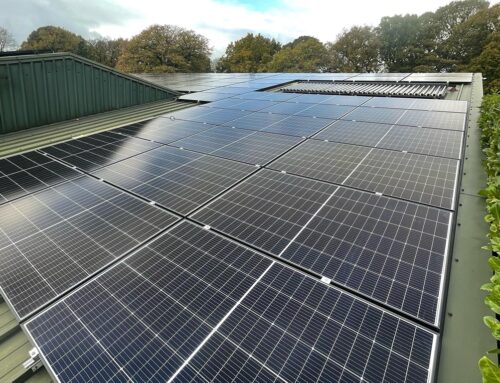Do solar panels work on cloudy days?
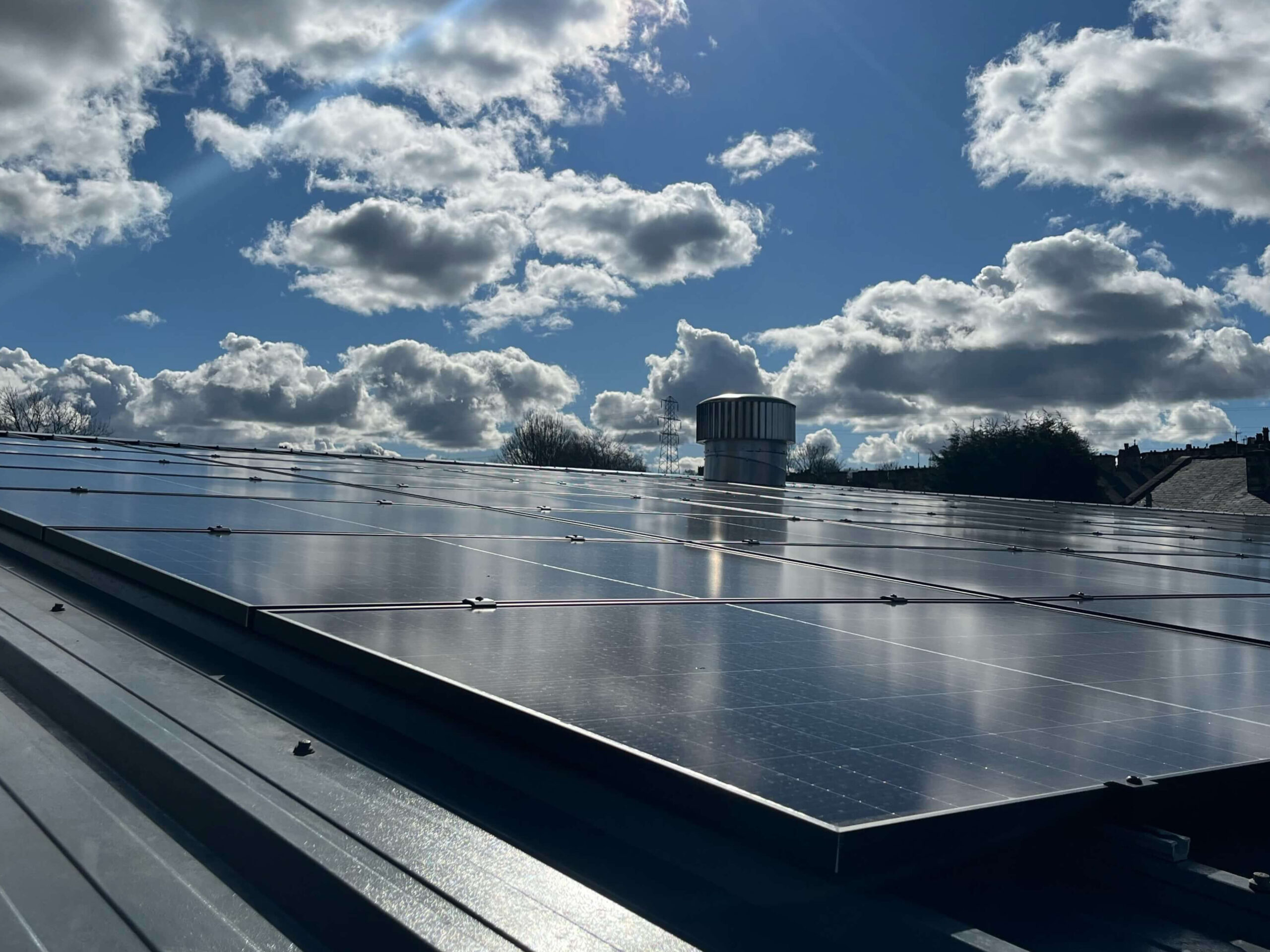
Living in the UK, you’ll be well-accustomed to grey skies and cloudy days. It’s no wonder, then, that you’re currently asking yourself, “Do solar panels work on cloudy days?” – but the answer may surprise you.
Here at Ember Energy, we’ve delved into the unexpected answer to this valid question – and hope to have shed some light on the science behind solar power’s remarkable efficiency, even in the most overcast of weather conditions.
Fun fact: In 15 minutes, the Sun radiates as much energy as the total world population uses in an entire year!
Do solar panels work on cloudy days?
Yes. Although solar panels draw energy from the sun, that doesn’t mean they only work on hot summer afternoons and bright days.
Let’s be honest, here in the UK; we’d be waiting a long time for power if that were true!
Whilst solar panels are at their peak performance under direct sunlight, their ability to generate electricity during cloudy days is still remarkably impressive – allowing our clients to see significant reductions in their monthly electricity bills!
So, how do solar panels generate electricity?
Solar panels absorb solar energy or ‘photons’ from sunlight, creating an electric charge. When sunlight hits the PV cells, tiny particles of light called photons interact with the cells, causing electrons to move and create an electric current. This process, known as the photovoltaic effect, allows solar panels to convert sunlight into electricity that you can use in your home or business, even on cloudy days.
What are the types of lights that affect solar panels?
There are two types of sunlight to consider during this process: direct sunlight, and diffuse sunlight.
Direct sunlight = This refers to the sunlight that reaches the Earth’s surface without being scattered or absorbed by the atmosphere. It travels in a straight line from the sun and casts distinct, sharp shadows on the ground. Direct sunlight is the most intense form of sunlight and provides the highest energy potential for solar panels.
Diffuse sunlight = Meanwhile, diffuse sunlight is light that has been scattered by particles, water droplets, or gases in the Earth’s atmosphere. On cloudy days, the direct sunlight hits the clouds, and is diffused by the time it reaches solar panels. This light is less intense.
The truth is that solar panels work in any form of light. In direct sunlight, photons hit the solar cells on a solar panel with high intensity – allowing the cells to generate electricity at their maximum potential. In diffuse sunlight, photons are reflected, refracted or scattered in various directions. Although the intensity of diffuse sunlight is lower than direct sunlight, solar panels can still use it to generate electricity for your home or business.
What is the ‘Edge-of-Cloud’ effect?
The Edge-of-Cloud effect is an interesting phenomenon that can occur when clouds partially cover the sky, leading to an increase in the electricity generated by solar panels. Sometimes, the electricity generated in these circumstances even surpasses the output of a completely sunny day without clouds. This effect happens when direct sunlight peeks out from behind a cloud and combines with diffused sunlight, resulting in an overall more powerful intensity of light. The Edge-of-Cloud effect can be particularly beneficial in areas with variable cloud cover, as it can enhance the performance of solar panels even on partially cloudy days.
We hope this reassures those of you wondering “Do solar panels work on cloudy days?” – as the answer is a resounding yes! Solar panels are capable of generating electricity even under overcast conditions, thanks to their ability to harness both direct and diffuse sunlight.
So fear not – those of you living it up in sunny Lancashire or elsewhere across the UK – solar panels are still a great source of clean, renewable and cost-effective energy.
Thinking about investing in solar panels?
There’s never been a better time to invest in solar panels. With energy bills soaring and the climate crisis only getting worse, it’s worth considering that the initial investment of solar panels has reduced by a whopping 80% over the last ten years.
At Ember Energy Lancashire, we’ve recently worked closely with MAD Engineering, based in Burnley, to install a 90KW Commercial Solar Panel. The finished result? They’ve seen considerable reductions in their monthly electricity bills – and have been able to make significant progress towards their sustainability initiatives. Check out our case study, here.
If you’d like to speak to a member of our team for information on how solar panels work, how much money they could save you, or how they could benefit your business or home – give us a call or email on your nearest office below.
Scotland
Our Scotland office is based at Waterside Farm, Galston KA4 8PB
01563 501 582
Lancashire
Our Lancashire office is based at Pendlehill Farm, Burnley, Lancashire
07464 729 759
Cumbria
Our Cumbrian office is based at Highmoor Dyke, Hesket Newmarket, Wigton

